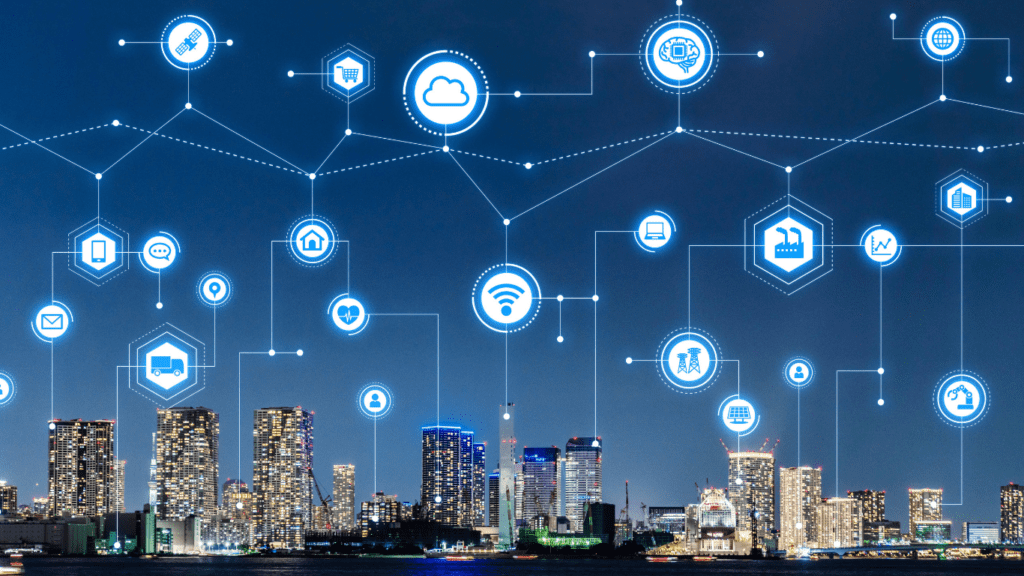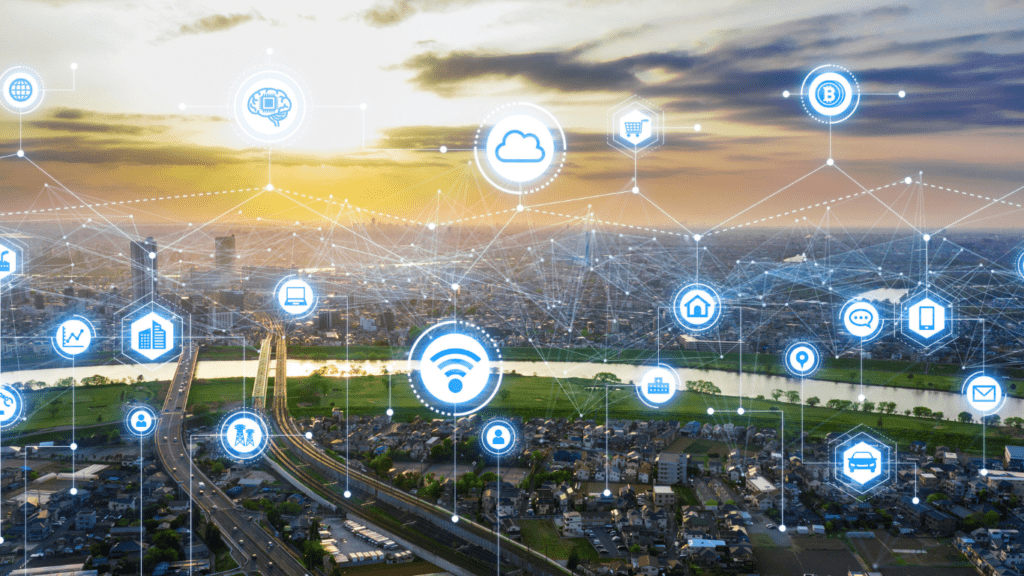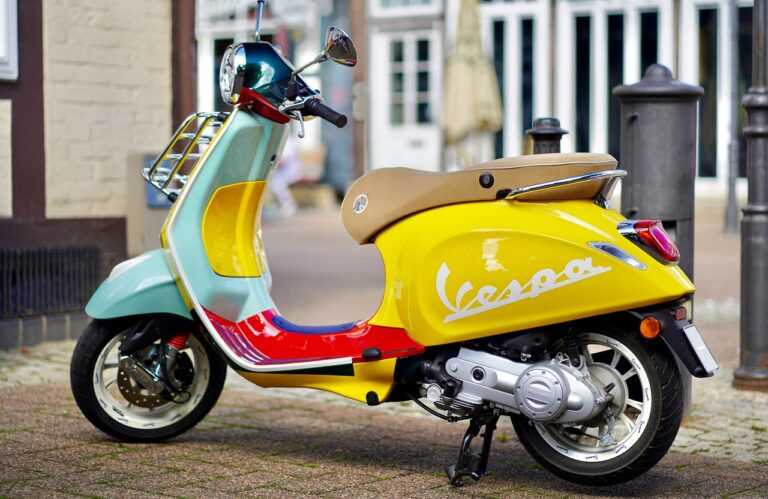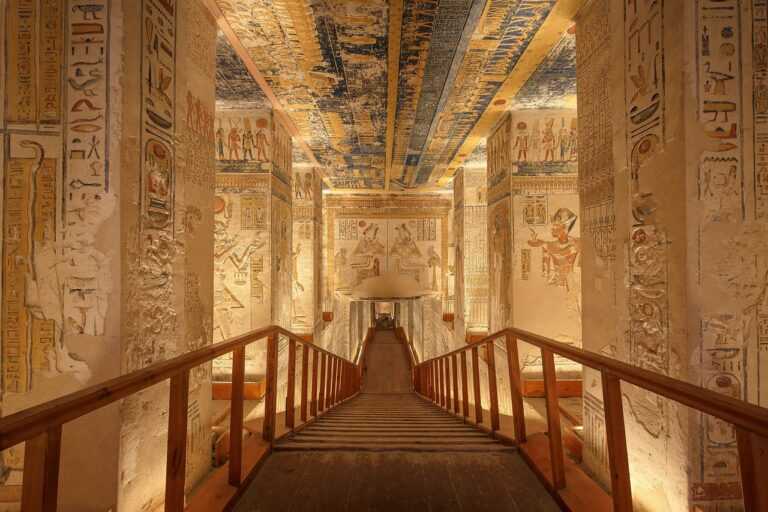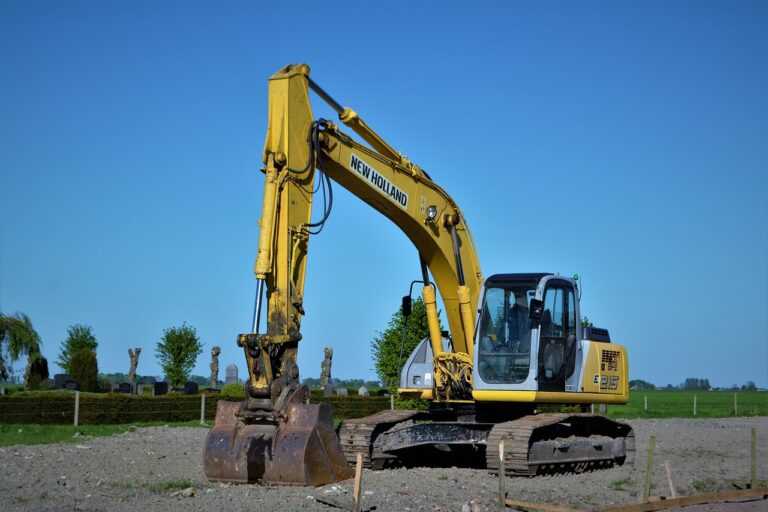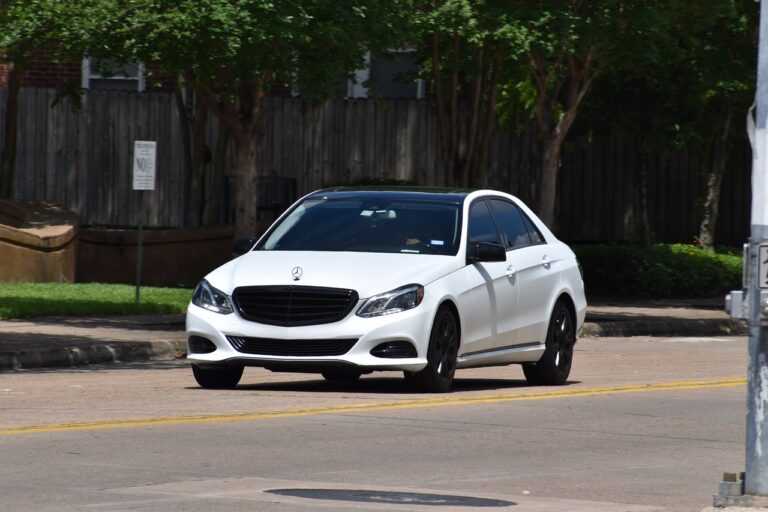What Are Smart Cities?
Smart cities integrate advanced technologies to enhance the quality of urban living, optimize resource management, and improve overall efficiency. By combining data analytics, IoT devices, and AI systems, smart cities provide dynamic solutions to challenges like overcrowding, pollution, and infrastructure strain.
Features of smart cities include intelligent transportation systems, such as real-time traffic monitoring and adaptive signal control, and energy-efficient structures, like smart grids and automated lighting. These systems gather and analyze data to make urban services more responsive and sustainable.
Key elements of smart cities encompass digital connectivity, environmental monitoring, and citizen-centric services. For instance, IoT sensors monitor air quality and waste levels, while mobile apps offer residents instant access to city services and updates.
A defining characteristic of smart cities is their reliance on data-driven decision-making. This approach enables authorities to allocate resources effectively, predict maintenance needs, and enhance public safety.
Key Technologies Driving Smart Cities
Smart cities thrive on the integration of cutting-edge technologies to meet urban demands efficiently. These technologies create interconnected, data-driven systems that enhance quality of life and sustainability.
Internet of Things (IoT)
IoT connects devices and sensors to enable seamless communication and data sharing. Smart cities leverage IoT for applications like traffic management, waste collection optimization, and real-time environmental monitoring. For instance, IoT sensors detect air and water quality levels, ensuring rapid responses to pollution events. Connected lighting systems also adjust brightness based on activity, conserving energy.
Artificial Intelligence (AI) and Machine Learning
AI and machine learning enhance urban systems by processing vast amounts of data for predictive insights. In smart cities, AI optimizes traffic flow through adaptive signals, forecasts energy demand, and improves public service delivery. Machine learning algorithms analyze transportation data to recommend efficient routes and schedules, minimizing emissions and commuter delays.
Big Data and Analytics
Big data powers informed decision-making in urban planning and resource allocation. Smart cities analyze diverse data streams, including:
- utility usage
- mobility patterns
- public feedback
Predictive analytics identifies trends, reducing infrastructure strain during peak times or emergencies. Data dashboards provide city authorities with actionable insights for optimizing operations.
5G Networks
High-speed 5G networks support real-time connectivity requirements of smart cities. They facilitate rapid data transmission between IoT devices, autonomous vehicles, and public infrastructure. For example, 5G enables instant communication for emergency responders and powers applications like augmented reality for urban navigation.
Renewable Energy Solutions
Renewable energy technologies drive sustainability in smart cities. Solar panels, wind turbines, and energy storage systems reduce reliance on fossil fuels. Smart grids integrate renewable sources, balancing supply and demand efficiently. Cities utilize microgrids for localized energy production, ensuring reliability during outages.
Benefits Of Smart Cities

Smart cities leverage advanced technologies to create environments that cater to residents’ needs while promoting sustainability and efficiency. These urban areas redefine living standards through innovation and design.
Improved Quality Of Life
- Smart cities enhance living conditions by addressing key urban challenges.
- IoT-enabled public transportation systems reduce commute times by optimizing routes and schedules.
- Apps for real-time service updates streamline everyday activities, from accessing healthcare to finding parking.
- AI analyzes data to improve public safety by predicting and preventing incidents such as traffic accidents or resource shortages.
Enhanced Sustainability
- Innovative solutions in smart cities reduce environmental impacts.
- Renewable energy sources, like solar panels and wind turbines, power urban infrastructure, lowering greenhouse gas emissions.
- Smart water management systems monitor usage, detect leaks, and promote conservation.
- IoT sensors track air pollution and provide actionable insights to improve urban air quality.
Efficient Resource Management
Smart cities optimize resource allocation using data-driven insights. Smart grids balance energy distribution, reducing waste and ensuring reliability during peak demand. Intelligent waste management systems predict collection schedules based on real-time data, keeping cities clean with minimal effort. Advanced analytics help authorities allocate budgets and personnel for maximum impact across urban services.
Successful Examples Of Smart Cities
Smart cities demonstrate how advanced technology transforms urban living. Several global cities have effectively implemented smart technologies to enhance sustainability, efficiency, and quality of life.
Singapore
Singapore leads in leveraging technology for urban planning and citizen services. Its Smart Nation initiative integrates IoT sensors and AI across transportation, energy, and healthcare. Smart traffic management uses real-time monitoring to reduce congestion, while apps like e-Services improve access to government services. The city also employs data analytics in urban planning to optimize land use and enhance housing solutions.
Barcelona
Barcelona is a pioneer in smart city innovations, focusing on sustainability and connectivity. IoT-enabled sensors in smart lighting systems reduce energy consumption by 30%. Its Bicing system integrates app-based bike-sharing to promote efficient urban mobility. Open-data platforms support public engagement and enable developers to create citizen-focused innovations. Waste management features smart bins that notify authorities when full, improving efficiency.
Dubai
Dubai incorporates futuristic technologies to drive urban development. AI and blockchain power automated government services through initiatives like Smart Dubai 2021. Autonomous vehicles and Smart Palm stations use renewable energy to provide Wi-Fi and device charging. The city also adopts smart water management systems to monitor and optimize water usage. Its integration of 5G boosts real-time connectivity for IoT devices and supports the digitization of public services.

